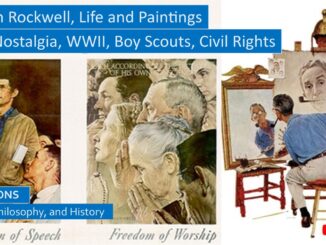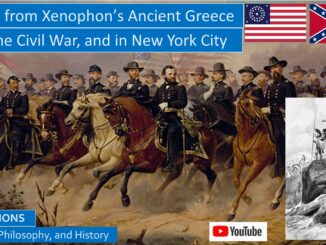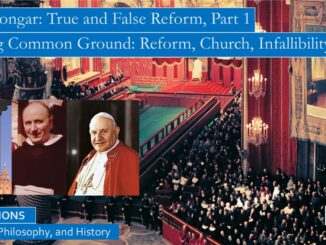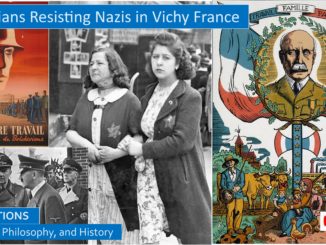The war in France seemed over in 1940, with Germany in control of the continent, the French were asking, how would it be possible for England to fight back? Hitler was quite willing to accept a lenient armistice, lenient on his terms, Hitler did not want the French government to flee to continue the war from Algeria.
Marshall Petain announced over the radio, “With a heavy heart, I tell you that it is necessary to stop the fighting.” Charles de Gaulle remembered bitterly, “Not a single public figure raised his voice to condemn the armistice.” In hindsight we all know the Nazis lost the war, but in 1940 most French expected a final peace conference in a matter of months. Marshal Petain won the gratitude of most French who thought he had saved them from the abyss of another war in the trenches of France.
The Nazis occupied the northeast two-thirds of France, including Paris, but left the French Vichy regime to govern the rest France in relative autonomy. Soon the borders hardened between the occupied France and Vichy France. Although the Vichy leaders technically had jurisdiction over all of France, they were not even allowed to travel to Paris. Although some were eventually released, two million French POW’s were held in prison camps in Germany throughout the war, and the French had to pay most of their taxes to Germany as reparations to pay for the occupation forces. The German speaking provinces of Alsace-Lorraine were annexed by Germany. The French were eager to negotiate a permanent peace, but Hitler was not so eager. Again and again Hitler would tell the Vichy leaders that they needed to wait for the end of the war to end for a settlement. […]






